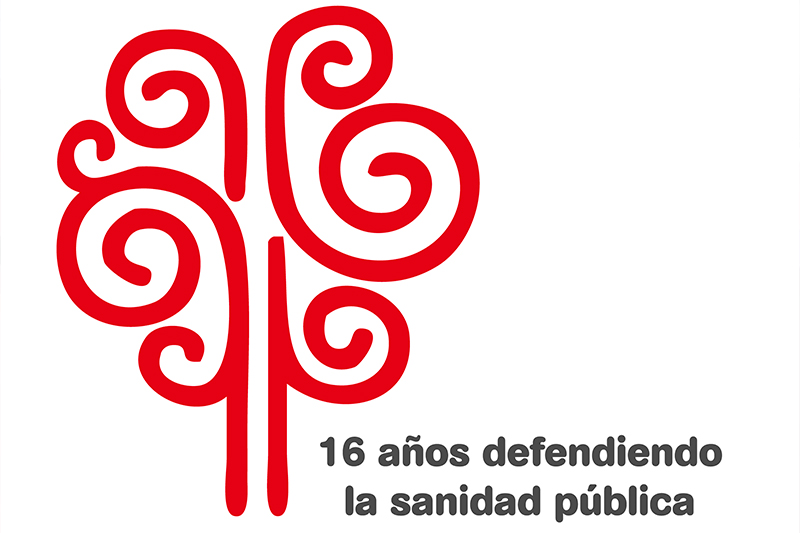Now that the externalization process in Madrid has been cancelled, one must wonder, “and now… what?”. If this is the end and there’s nothing else to be done, if the static vision of the public system succeeds in order to avoid any change, then, we’ll be spending 200 million € paid by the citizens’ taxes (according to data provided by Madrid Government ) only on the discussion about this project of externalization!
If everything remains the same, if the reformist initiatives which are trying to contribute to improve the situation are not valued, then, we’ll have to decide if other cuts should be applied, or if increasing tax burden, or if extending delays, or if breaking the deficit commitment, provided that our European partners agree… and taking into account that European citizens have already assumed important changes in their welfare state.
And, what do you think is next?
If the objective is to reflect on next steps regarding the collaboration between Public Administration and private sector in healthcare, it is essential to evaluate and to improve some fundamental aspects provided by PPP model: the health results assessment, comparison of results, and transparency in the economic management.
DATA, DATA, DATA. Ribera Salud has always defended the evaluation and transparency in every process carried out in our hospitals and primary care centers, so that this information can be compared to other management models and the citizen can draw their own conclusions. It is the moment to show the waiting list data, test delays, consultations at hospital and primary care centers, mortality rates, re-admissions, etc…
But, what is the healthcare model that the street demonstrations are defending?. The 17 different healthcare systems in Spain should be analyzed, and put the results of the 452 public hospitals in Spain on the table, only a third of them managed by the Administration (source: El Economista 6/2/14 http://diario.eleconomista.es/i/255397?token=). The citizens must know the public model which is being claimed, not by politicized speeches but by objective data. The health results are not ideological information, nor teaching or research.
We have to implement in our organization a new culture of benchmarking and transparency, otherwise these new management models seem to intend to keep the status quo of the past, the stagnation, the lack of accountability, etc… Those who express their concern about the healthcare quality, they should have previously complained against the waiting list in the public system, the under-utilization of facilities and technology, the delays, the inaccessibility, or the iniquity of the system.
I think this is the moment to move forward in a new culture for the public system, where the private initiative plays an important role as a revitalizing element to promote new management tools and other organization changes.
If this situation has served to keep someone’s privileges, instead of looking after the citizens’ needs in order to make better use of resources in an essential service such as healthcare, then, the black hole of the past will win out over the modernity of a country and a sector which wants to look at the future, and forget the old formulas of the past.

